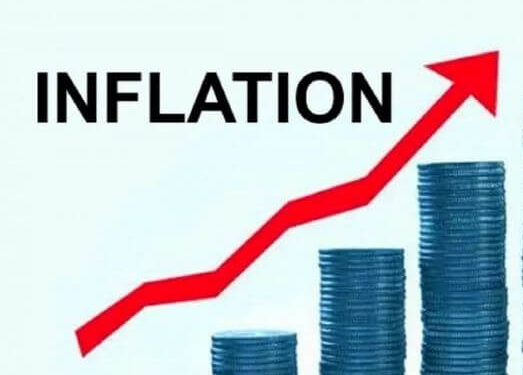The Extended Credit Facility for Zambia has undergone a third assessment, and the International Monetary Fund (IMF) has announced that its executive board has approved the immediate disbursement of about $569.6 million.
The Fund’s board also approved a request to boost funding from $1.3 billion to $1.7 billion to assist the nation of southern Africa in dealing with a severe drought that has impacted electricity generation and resulted in agricultural losses.
IMF representative, Antoinette Sayeh stated in a statement that while tackling humanitarian issues brought on by the drought, Zambian authorities have achieved progress on structural and economic reforms.
“Going ahead, coordinated macroeconomic policies, continued efforts to restore fiscal and debt sustainability, and consistent reform implementation would be key to addressing the impact of the drought, preserving macroeconomic stability, and bolstering growth,” said Sayeh, the Fund’s deputy managing director.
Rich in copper After a debt restructuring procedure that lasted more than three and a half years, Zambia managed to pull itself out of default this month. The experience served as a lesson for the G20’s Common Framework mechanism, which is intended to assist low-income nations in addressing unmanageable debt loads.
Extended debt restructuring has hindered investment, limited economic expansion, and put a strain on regional financial systems.
To assist pay off external debt and deal with the drought, Zambia’s finance minister requested last week that the parliament authorize an additional 41.9 billion kwacha, or $1.65 billion, in spending.
On the slopes of the magnificent, active Mount Bromo, the Tenggerese people of Indonesia have been performing an age-old ceremony for decades.


 VenturesNow2 days ago
VenturesNow2 days ago
 Musings From Abroad2 days ago
Musings From Abroad2 days ago
 Metro2 days ago
Metro2 days ago
 Metro18 hours ago
Metro18 hours ago





















